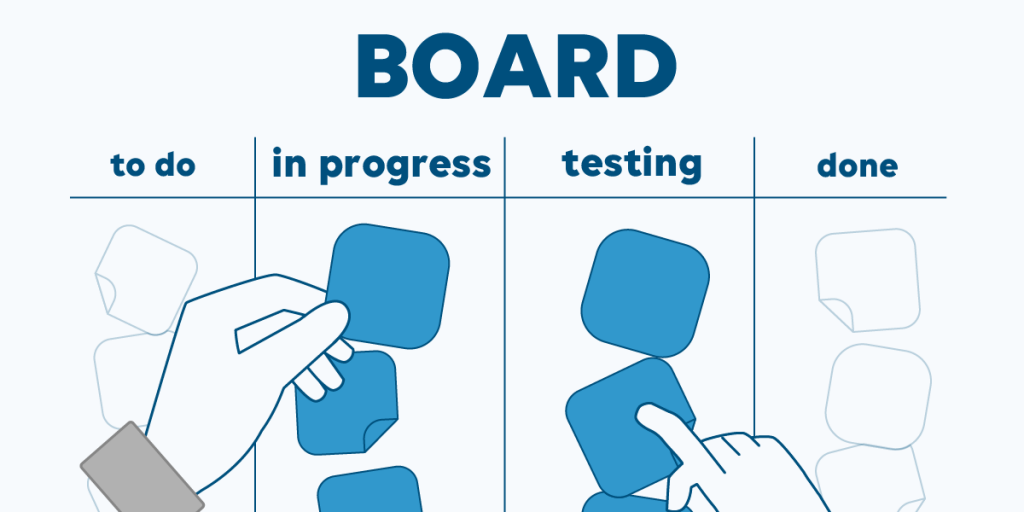“How do we achieve the purpose of a Daily Scrum without utilizing the three questions: What did I do yesterday? What will I do today? Are there any obstacles to take care of?”
Jackson Koh, System Developer at Skyline Communications
First off, let’s refresh the purpose of the Daily Scrum: “to inspect progress toward the Sprint Goal and adapt the Sprint Backlog as necessary, adjusting the upcoming planned work.”
If you currently achieve that purpose by using those three questions then, please, keep using them! But … are you really?
Chances are high that these three questions aren’t giving your daily much value. And that’s exactly the reason why they were removed from the Scrum Guide back in 2020.

Repeating the same three questions during every single daily tends to ruin the daily for most teams. That’s because it turns your Daily Scrum into a repetitive monotonous procedure where not everyone is actively listening anymore. Instead, the team is just waiting for their turn to speak and get it over with, resulting in a status meeting without any updates to the plan.
The most valuable dailies are those where all developers—and only the developers (!)—collaborate and provide transparency on the progress that was made. They pick up on what’s being said, ask each other clarifying questions, propose ideas and suggestions on how to proceed next, and add information of their own that helps the team decide how to update the plan for the next 24 hours.
Remember that the timebox for a daily is 15 minutes. That should make it quite obvious that it is not meant to be a problem-solving meeting. Problems should still be mentioned during the daily so that the team is aware of them and can evaluate their impact on the goal. But you should wait to resolve that issue until after the daily and only discuss it with the people that are available and able to collaborate.
Try experimenting with putting your Sprint Goal central. Go over the Sprint Backlog instead of going over the people, collaborate on the unexpected things that have happened and the knowledge that was discovered, and update your Sprint Backlog as you go.
I’d like to emphasize that the Daily Scrum is meant for collaborating on making the team progress and not for getting a round of individual status updates.
You might also like

VIDEO
Get a peak at a real Sprint Review meeting with a Scrum team from Skyline and key stakeholders from the Finnish broadcasting company YLE.

BLOG
What do we do with unfinished work at the end of the Sprint?
Often there will be work that is left un-“done” at the end of your Sprint. But what should happen to that unfinished work?
Are SM and PO allowed to join the daily?
Only as an observer (quiet!). The daily is really there for the developers and the developers only to update their plan on how to achieve the goal of the Sprint.
If a Scrum Master (SM) or Product Owner (PO) joins the daily and starts interfering, you risk losing the self organizing capabilities of the team: Your developers could quickly start feeling like pawns that have little to say on what and how they believe is the best way to achieve the goal. You risk the developers working towards satisfying the PO or SM instead of maximizing the potential value of the product which would be a waste of their skills and expertise.
As an observer you can, after the daily, still clarify and discuss things you heard during that daily. Just not during.